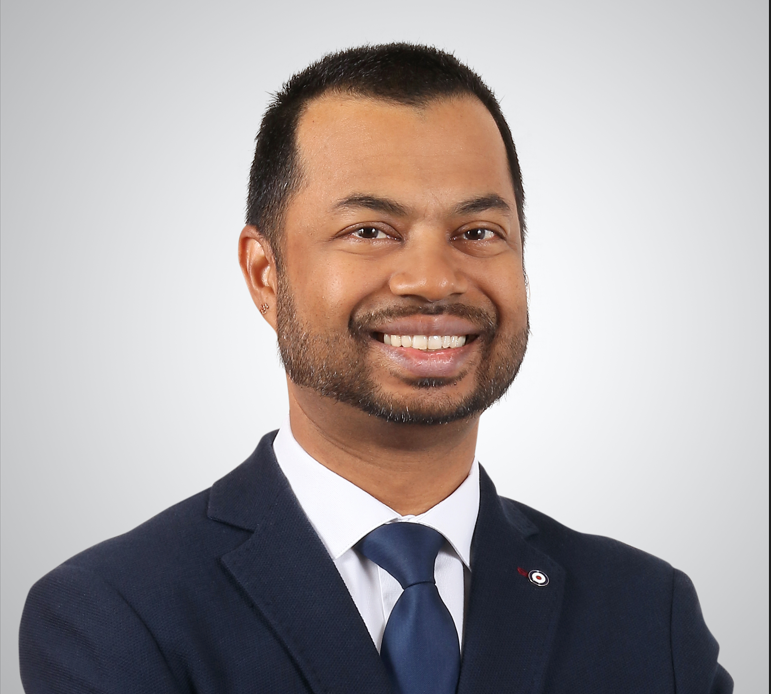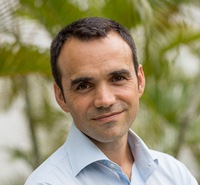The school offers the possibility of learning from some of the best professors, but also from a great peer group.
Guillaume Lecaros de Cossio

What is a fun fact or something unexpected about you?
My career as a secondary actor in children’s games advertisement never managed to really pick up. I was probably simply too bad at it.
Tell us about yourself, and how you go to where you are today both on a professional and personal level?
Throughout my career, I devoted my efforts to contribute to the design and implementation of policies to foster economic growth and improve development outcomes, including in the international arena.
After a first experience in investment banking, I was lucky to join the OECD, where I worked on development policies both at the national and regional level. This has made me aware of the particular importance of geography and the need to ensure territorial development across countries.
I then moved to the cabinet of the OECD Secretary General, in the Sherpa Office, where I was a policy advisor covering the major global governance economic fora, including the G7, G20, APEC and their respective initiatives such as the Deauville Partnership. I have also been the OECD Sherpa Office Representative to the Saudi G20 Presidency in midst of the G20 response to the COVID-19 pandemic.
Following that experience and after joining the Peruvian Ministry of Foreign Affairs, I have had the honour of having been approached by Ambassador Meza Cuadra, the Chair of the INC on Plastic Pollution – a UN-wide negotiating committee which seeks to deliver a global legally binding agreement to combat plastic pollution by 2024 - to join his team and as one of his closest advisors.
I have, amongst others, supported him in delivering the zero draft of the agreement, which serves as the basis for the current negotiations.
I currently also sit in the advisory board of Profonanpe, Peru’s environmental fund and have been teaching public policy related topics for five years at Sciences Po’s School of Public Affairs and the University Paris Dauphine.
At a personal level, having changed schools nine times in seven countries throughout my upbringing, I knew since the beginning that adaptation would have to be the master word for the rest of a life which could only be international despite my strong national ties.
What led you to decide to pursue an EMBA, and why did you choose INSEAD in particular?
I decided to pursue the EMBA because my different experiences made me realise that I needed a deep dive into the technical skills and innovative methods of the private sector, as well as into the challenges and opportunities that the private sector offers to deliver better collective outcomes.
INSEAD was a no-brainer, to be honest, I only applied here.
The school offers the possibility of learning from some of the best professors, but also from a great peer group. INSEAD’s international vocation and its mission and focus on business that makes a positive impact on our societies was also particularly attractive to me.
Could you describe your experience so far? The classes, the curriculum, your fellow participants, the professors?
It is hard work, but worth it! Professors so far have been extremely good, both by their academic knowledge but also on-the-ground experience with companies. They also manage to guide a diverse cohort in a very engaging and enthusiastic manner.
The classmates all come from different backgrounds, with deep knowledge in their own respective industries, which leads to rich interactions and discovery of new sectors with their specific realities. Finally, I have to give a word of thanks to the INSEAD team which is great in supporting us and making sure that the programme runs smoothly.
What advice would you give to someone who might be interested in pursuing an INSEAD programme?
Read about the programme and reach out to some of the alumni. If you feel that the programme can deliver on what you are looking for, just start preparing your application.




